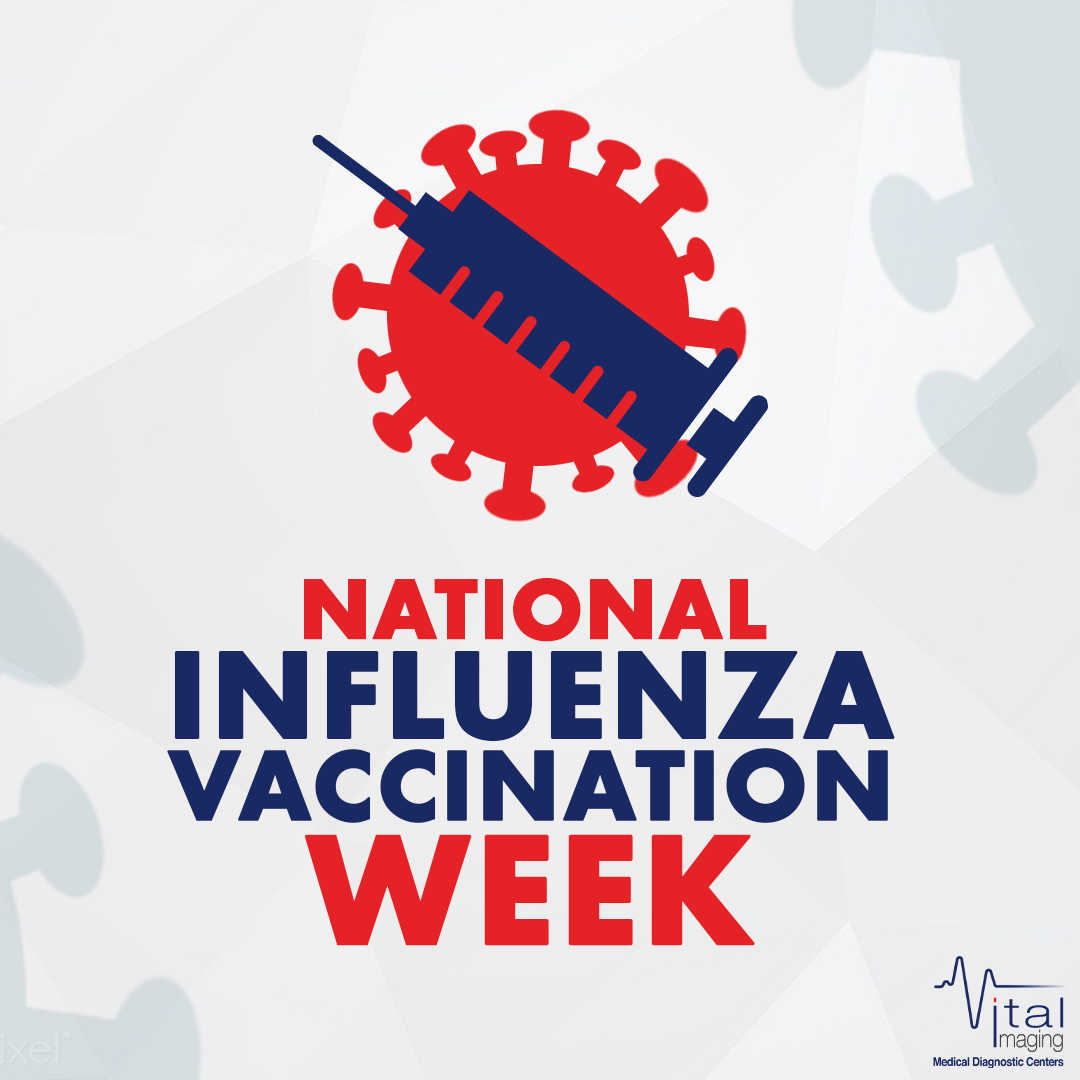
It’s National Influenza Vaccination Week! Influenza infections result in increases in healthcare costs and productivity loss every year. On a global scale, estimates show that there are between 3 and 5 million severe cases of the flu and up to half a million deaths annually. Furthermore, studies have also shown that anywhere from 5% to 20% of the U.S. population gets sick with the flu in a typical influenza season. Sadly, nearly a quarter of a million will be hospitalized while approximately 36,000 will die.
Impact on Demographics
The annual influenza epidemics that we’ve seen in the Northern Hemisphere in recent decades correlate with all causes of mortality. Yet in lieu of these sobering statistics, less than 50% of all Americans get influenza vaccines. Although the flu is commonly self-limiting in nature, it can cause serious medical issues and even death in the healthiest of individuals.
The risk is significantly higher in various demographic groups and/or individuals including:
- Adults 65 years of age or older
- Children under 5 years of age or younger
- Children with neurological conditions
- Individuals who have a BMI greater than 40
- Individuals who’ve been diagnosed with asthma, cancer, diabetes, and HIV/AIDS
- Individuals with heart disease
- Infants under the age of 6 months
- Pregnant women
Due to the flu’s unpredictable nature from one season to the next, doctors and nurse practitioners are required to be especially vigilant when detecting influenza requiring prompt treatment and vaccinating patients, especially in the above higher risk groups.
Benefits of the Influenza Vaccine
According to the Centers for Disease Control and Prevention, the influenza vaccine provides a number of benefits such as:
- Preventing serious medical conditions associated with chronic illnesses
- Preventing you from getting sick with the flu
- Protecting the people you come into contact with including those who are especially vulnerable to the flu such as infants, people with chronic health conditions, and younger children
- Protecting women during pregnancy
- Reducing the extent and severity of illness in vaccinated individuals who still get sick
- Saving the lives of young children
Additionally, the CDC recommends getting the influenza vaccination every year as flu viruses are continually evolving and changing. In addition to being available as an injection or nasal spray, there are different forms of the vaccine that target different individuals such as adults 65 and older or infants and young children. Digital imaging plays an important role in checking for other related respiratory infections in serious cases. From X-rays to MRIs, there are plenty of tests that are recommended to ensure that the correct diagnosis and treatment is provided. For additional information regarding Diagnostic Imaging, call Vital Imaging today at 305.596.9992.
